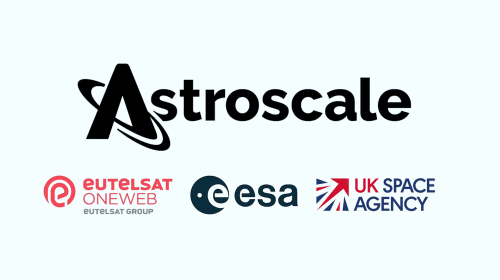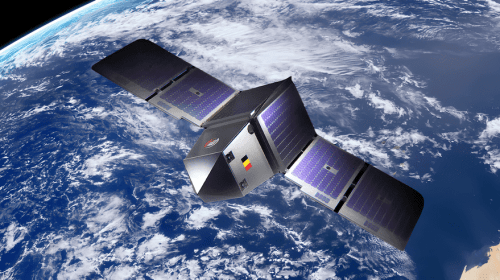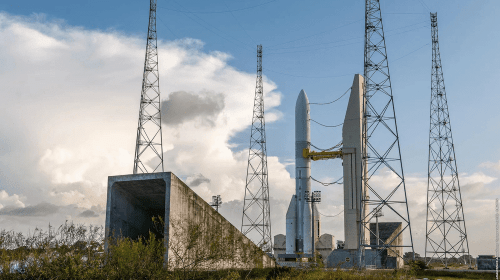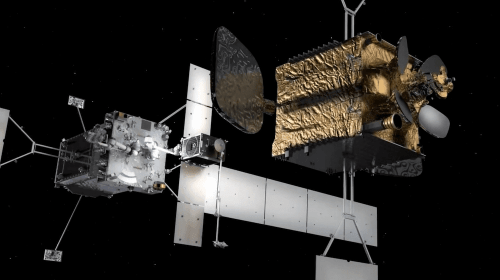IQPS Mission Marks Rocket Lab's Successful Return to Flight
Dec 17, 2023
Rocket Lab successfully launched its Electron rocket on December 15th, marking the company’s return to flight after a failed mission this past September. The launch comes after a nearly two-month investigation into the anomaly, which was traced back to an extremely rare electrical issue.
 Rocket Lab Electron rocket stands ready to launch on Dec. 15 from New Zealand. Credit: Rocket Lab
Rocket Lab Electron rocket stands ready to launch on Dec. 15 from New Zealand. Credit: Rocket Lab
According to the company, the September 19th mission failure was caused by an electrical arc inside the power supply system. This arc shorted out the battery packs providing power to the second stage, leading to a loss of vehicle control. In explaining the root cause, Rocket Lab stated that a unique interaction of conditions aligned to allow the arc to form in the partial vacuum environment of high-altitude flight. Specifically, an alternating current was superimposed onto the high-voltage direct current supply, in the presence of small concentrations of certain gases. This, together with an imperceptible fault in the insulation, led to the anomaly occurring a few minutes after liftoff.
With over 40 launches under their belt, Rocket Lab noted that Electron is a proven, mature rocket. As such, they knew the failure had to be traced back to something highly complex and uncommon, which would not have manifested in prior testing. The company worked closely with the Federal Aviation Administration (FAA) to thoroughly investigate all plausible failure modes through extensive testing.
According to Rocket Lab CEO Peter Beck, the solution they arrived at will ensure this particular issue never occurs again. The fidelity of the second stage has been improved, with the high-voltage battery frame now completely sealed and pressurized. This elimination of the problematic conditions will rob any potential electrical arcs of the environment needed to form.
Beck expressed admiration at how the team worked tirelessly in parallel on both the investigation and preparations to quickly return to flight. Coming a little over two months after the failure, the successful December 15th launch highlights Rocket Lab’s resiliency in the face of adversity. It also underscores their commitment to serving customer needs with responsive, dedicated launch opportunities.
The mission, aptly dubbed “The Moon God Awakens”, carried a satellite for Japanese Earth imaging company iQPS. Dubbed Tsukuyomi-1, the satellite will join an existing constellation gathering high-resolution synthetic aperture radar (SAR) imagery of Earth. iQPS aims to have 36 such satellites in orbit by 2025, capable of revisiting set points on Earth for updated views every 10 minutes.
In a statement, iQPS CEO Shunsuke Onishi expressed deep gratitude towards Rocket Lab for aligning this launch with their precise orbit needs. Onishi also took pride in his own team’s efforts to meet the accelerated timeline necessary for a December flight.
This launch marks Rocket Lab’s 10th mission of 2023, surpassing their prior annual record of 9 flights set last year. CEO Beck reaffirmed market demand for the responsive launch capabilities of Electron remains high. The company has 22 more launches on its 2024 manifest, including the first recovery flights as Rocket Lab looks to demonstrate reusability.
Rocket Lab continues to impress with its launch cadence and dedication to customer missions. Having addressed this rare electrical issue and returned successfully to flight before year’s end, the company can be confident in the robustness and maturity of its Electron rocket. Additional preventative measures will only serve to further solidify the vehicle’s reliability as Rocket Lab gears up for expanded operations.





